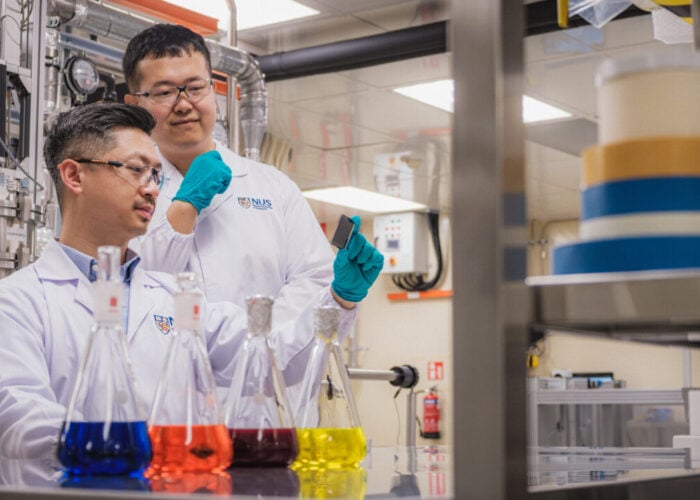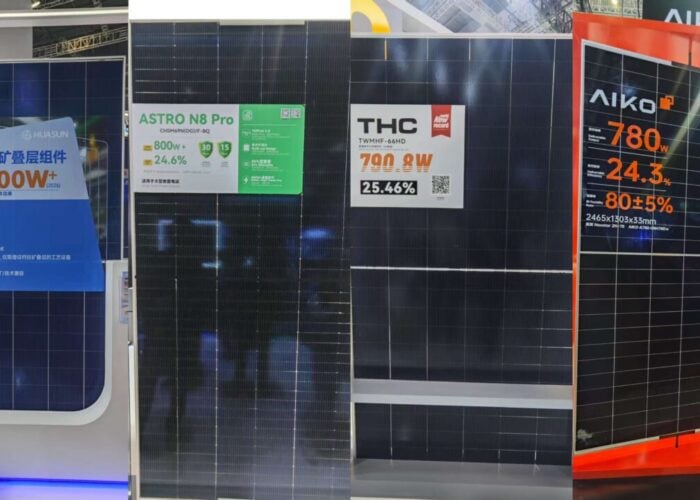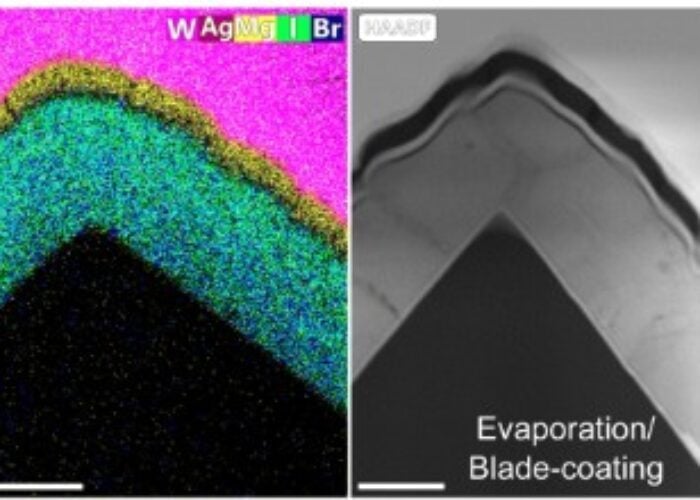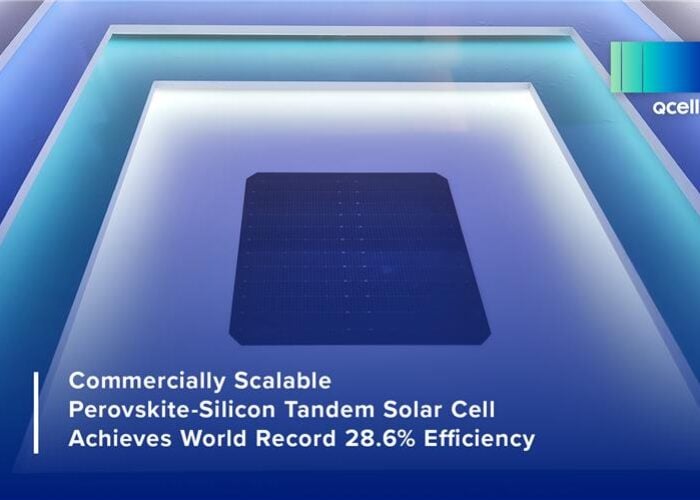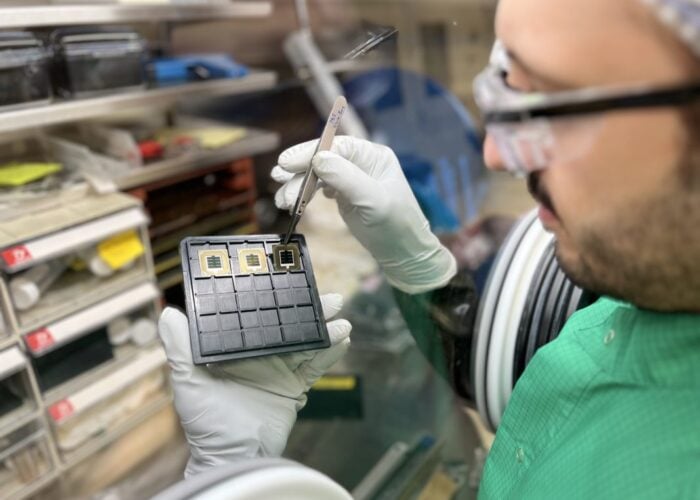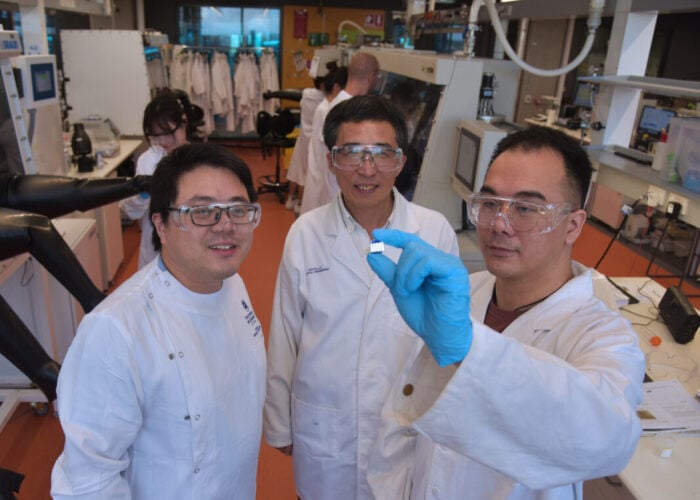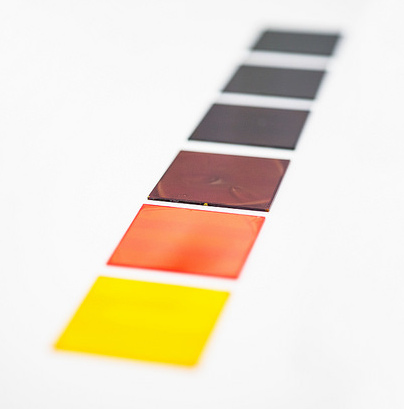
Panasonic has joined a perovskite research project looking to develop a manufacturing-scale roll-to-roll process.
The company, which manufactures more conventional crystalline silicon solar panels, will be the industrial partner of the Solliance project to push flexible perovskite cells towards commercialisation.
Unlock unlimited access for 12 whole months of distinctive global analysis
Photovoltaics International is now included.
- Regular insight and analysis of the industry’s biggest developments
- In-depth interviews with the industry’s leading figures
- Unlimited digital access to the PV Tech Power journal catalogue
- Unlimited digital access to the Photovoltaics International journal catalogue
- Access to more than 1,000 technical papers
- Discounts on Solar Media’s portfolio of events, in-person and virtual
Panasonic will perform feasibility studies on the large-scale roll-to-roll production of printed perovskite cells. Solliance claims to have the “world's best processing equipment and expertise” for the development of flexible perovskite cells.
The Solliance research partnership includes ECN, imec, TNO, Holst Centre, TU/e, Forschungszentrum Jülich, University Hasselt and Delft University of Technology.
The use of perovskite materials as the basis for possible next-generation photovoltaic technologies has been the source of much hype in the past few years, but they have yet to be commercialised. Despite the promising efficiencies they offer, one major issue with perovskites is their lack of stability.

